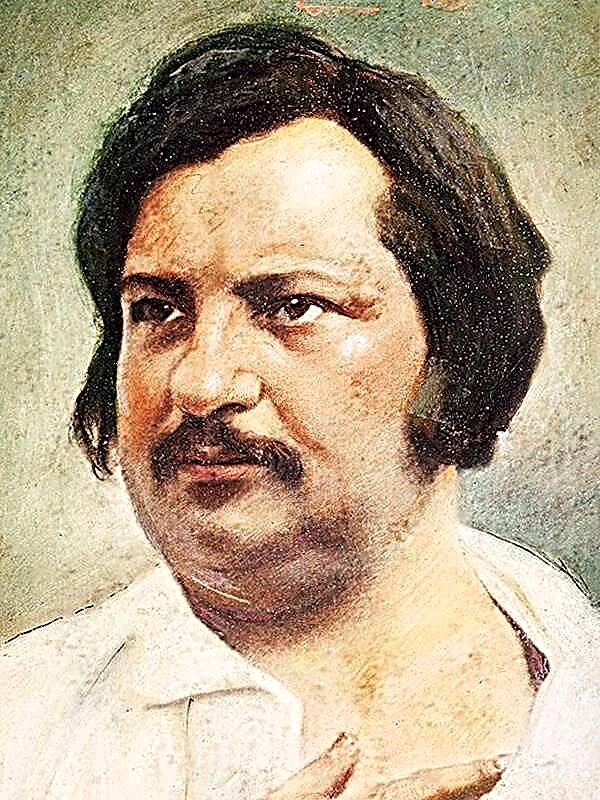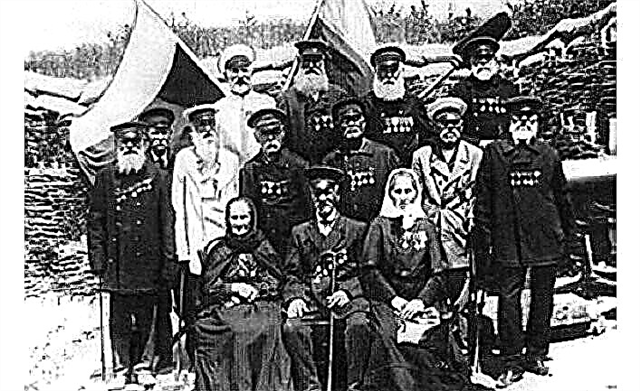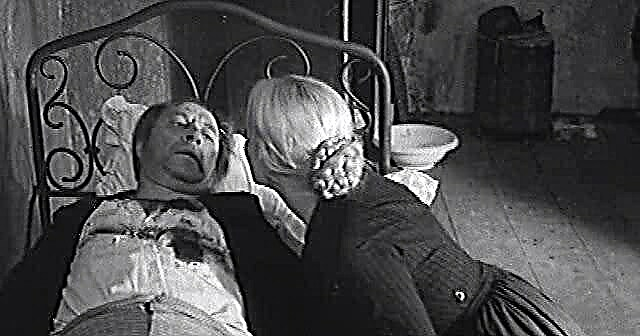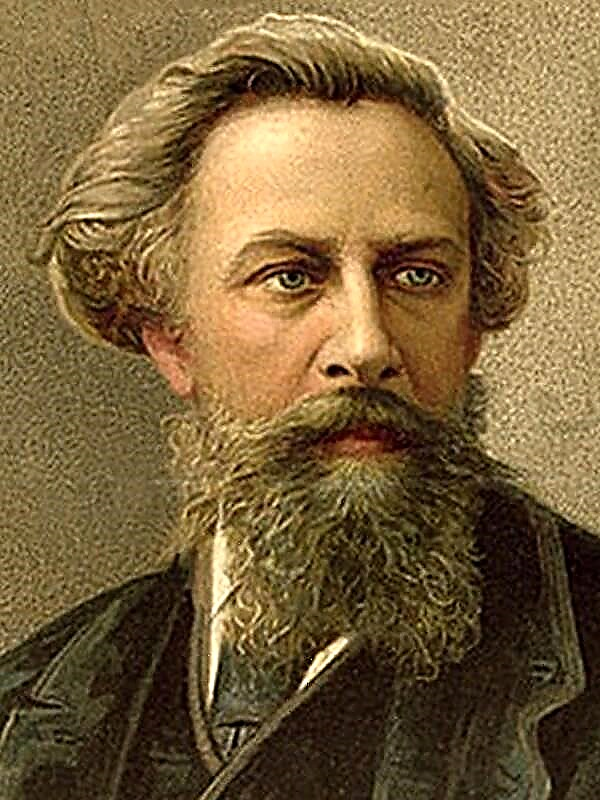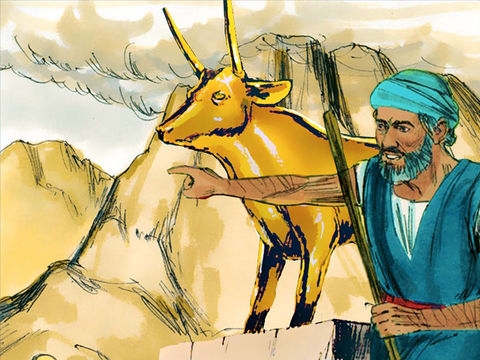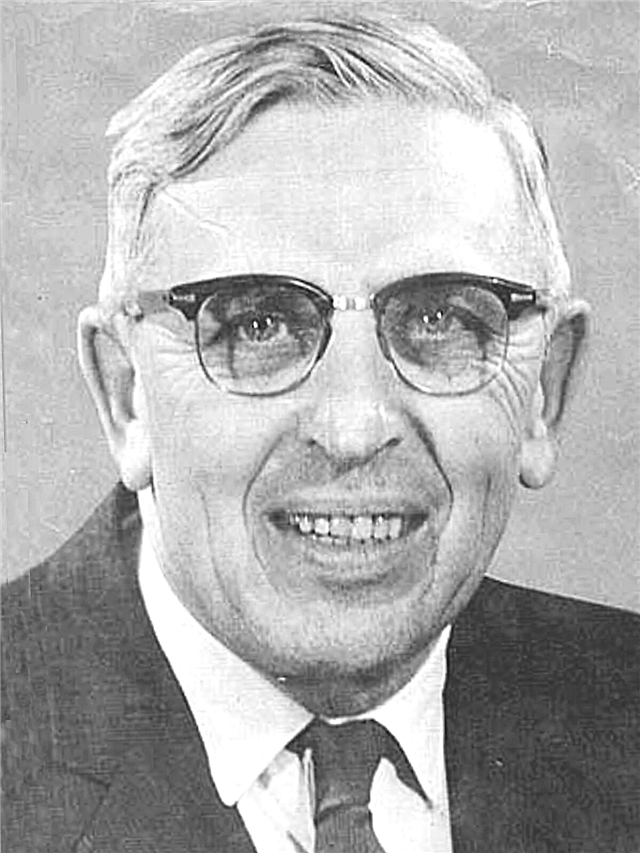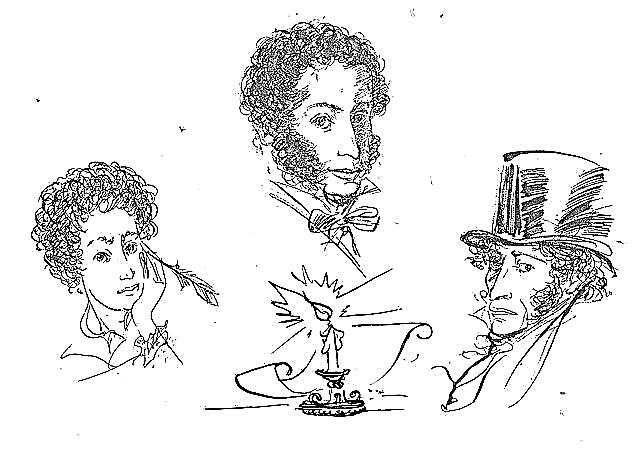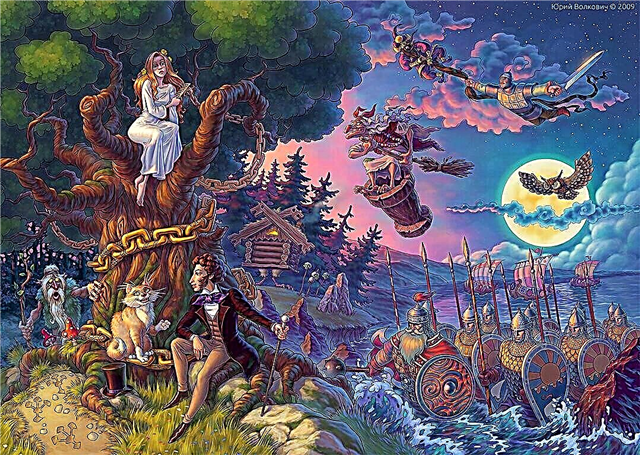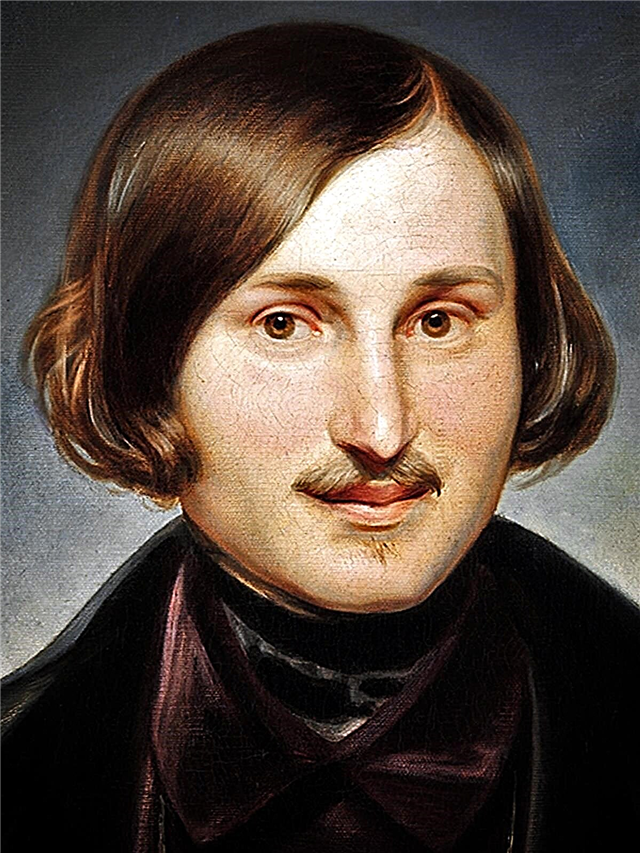The "Tale" begins with the fact that the author writes his story in a biblical context and talks about the first sin of mankind, the sin of Adam and Eve. And so, as the Lord was once angry with people, but at the same time, punishing, leads to the path of salvation, so parents raise their children. Well done, parents are taught to live "in reason and without malice." Parents instruct the young man not to go "to feasts and fraternities", not to drink a lot, not to be seduced by women, afraid of stupid friends, not to deceive, not to take someone else's, choose reliable friends. All the instructions of the parents are somehow connected with the traditional family structure. The key to human well-being, therefore, is a connection with family, clan, and tradition.
Well done, on the other hand, he tries to live by his own mind, and the author explains this desire by saying that the well done "was at that time small and stupid, not in full reason and imperfect in reason." He makes friends, and one of them is like a named brother, who calls the young man into a tavern. The young man hears the sweet speeches of a "reliable friend", drinks a lot, gets drunk and falls asleep right in the tavern.
The next morning he finds himself robbed - “friends” leave him only the “kabatskaya gunkka” (rags) and “heating legs” (worn bast shoes). Poor, yesterday’s “friends” no longer accept him, no one wants to help him. Well done it’s embarrassing for him to return to his father and mother “and to his family and tribe”. He goes to distant lands, there he accidentally wanders into a city, finds a courtyard where a feast is taking place. The owners like that the fellow behaves “according to the written teaching,” that is, as his parents taught him. He is invited to the table, treated. But the young man turns around, and afterwards admits to everyone that he disobeyed his parents, and asks for advice on how to live on a strange side. Good people advise the young man to live according to traditional laws, that is, they repeat and supplement the instructions of the father and mother.
Indeed, the first time things are going well for the young man. He begins to “live skillfully”, makes a fortune, finds a good bride. It’s going to the wedding, but then the hero makes a mistake: he boasts of what he has achieved before the guests. “The word has always rotted commendably,” the author notes. At this moment, the young man eavesdrops on Grief-Wickedness and decides to lime it. Since then, Grief-Malignancy has been an indispensable companion of the fellow. It persuades him to drink his property in a tavern, referring to the fact that "they will not be driven out of paradise naked, barefoot." The young man obeys Grief-Malignancy, drinks all the money, and only after that he catches himself and tries to get rid of his companion - Grief-Malignancy. The attempt to rush into the river was unsuccessful. Woe-Harmfulness is already waiting for the young man on the shore and makes him completely submit to himself.
Thanks to a meeting with kind people, a turning point is again planned in the fellow: he was pitied, listened to his story, fed and warmed by carriers across the river. They ferry him across the river and advise him to go to his parents for a blessing. But as soon as the fellow is left alone, Woe-Harmfulness again begins to pursue him. Trying to get rid of Grief, the young man turns into a falcon, Grief turns into a gyrfalcon; well done - in a dove, Woe - in a hawk; well done - in a gray wolf, Woe - in a flock of hounds; well done - to feather grass, grief - to the scythe; well done - to fish, Grief follows him with a net. Well done again turns into a man, but Woe-Harmony does not lag behind, teaching the young man to kill, rob, so that the young man "hanged or put in stone with water." Finally, the “Tale” ends with the young man going to get a haircut in a monastery, where Grief-Zlopodia is no longer there, and it remains outside the gate.

